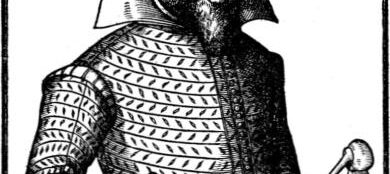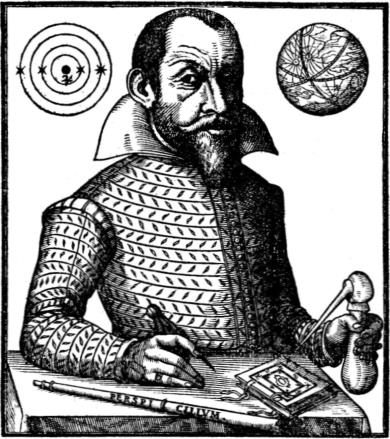Simon Marius Jubiläum 2024

Die Nürnberger Simon Marius Gesellschaft bat mich um Verbreitung dieser Pressemitteilung, was ich hiermit gern tue:
“Simon Marius 1573 – 1624” Anniversary
January 10 marks the 450th birthday of the margravial court astronomer Simon Marius and the 400th anniversary of his death in the following year.

The Simon Marius Society takes both anniversaries as an opportunity to remember the South German astronomer in 2024 and proclaims an international jubilee year under the title “Simon Marius 1573 – 1624”. Observatories and planetariums, national and international associations, and institutions of professional science as well as amateur astronomy, public institutions and individuals are invited to participate with lectures, exhibitions, publications, etc. Planned core scientific projects are a conference and the publication of all letters from and to Marius. His main work – the Mundus Iovialis (Jupiter’s World) – will be stored in the form of ceramic panels deep in the world’s oldest salt mine and broadcast into space via the radio system of the Deutsches Museum. In tributes, we would like to see the naming of some streets and an a celestial body. On the Marius portal, a presentation outlining the projects can be found in the “2024” menu.
Background
Simon Marius (1573–1624) was margravial court astronomer in Ansbach, Southern Germany and independently of Galileo Galilei discovered in January 1610 the four largest moons of Jupiter and later the phases of Venus, but lost the priority dispute, because he failed to publish his findings in a timely manner. These observations became important arguments for the heliocentric world system, which became provable only in the 18th century. Since Galilei wrongly—as we know today—accused Marius of plagiarism the Franconian was largely forgotten by the history of science. But Marius was involved in all of the new observations made with the recently invented telescope in the early part of the seventeenth century. Although Marius himself was not a Copernican, his research shows particularly well the way to the modern heliocentric worldview.
The Simon Marius Society cultivates his scientific heritage, operates the Marius portal www.simon–marius.net and stimulates research with lectures and publications. A brief outline of Marius’s life and research results can be found on the Marius Portal. This Internet presentation lists all works by and about Marius in 37 menu languages.
press info and contact
President Simon Marius Society & publisher of the Marius Portal: Pierre Leich
(see contact information on the portal’s website)
Press area with texts and photos
Simon Marius Society (SiMaG e.V.)
Hastverstraße 21
90408 Nürnberg
Germany
info@simon-marius.net
www.simag-ev.de

